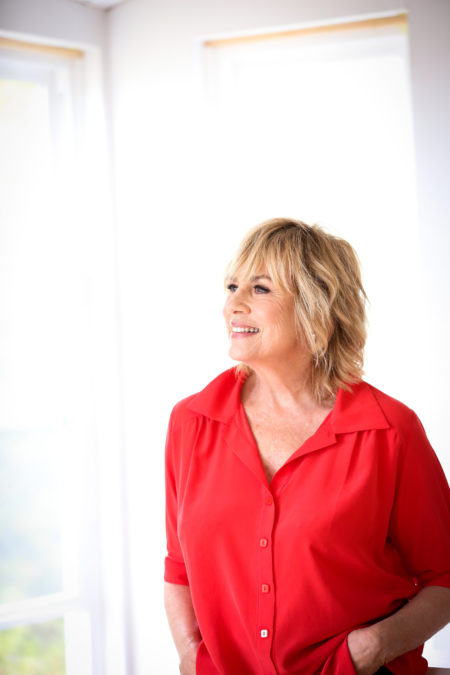EXPECT THE BEST
When I was a young ballet dancer in training, we were about
to have a recital. We were doing a version of Alice in Wonderland and I wanted to be Alice. My hair was long and blonde like hers, I was the right age and I imagined wearing a blue pinafore costume and black ballet shoes that looked like Mary Janes with a strap across my instep. But when I eagerly told my mother I thought I was going to get the part, she turned to me with a grim expression on her face and said, “Don’t get excited. You might get disappointed.” It felt like she had dumped a pail of cold water on my head and I became filled with doubt. I had my first experience of political favoritism when another girl won the role after her parents had donated a large sum of money to the school. It broke my heart and I was deeply disappointed, but it didn’t kill me. I had enjoyed being excited and I rallied and carried on.
Being disappointed is not a terminal disease. It’s part of being human. Trying to avoid it is like putting on a suit of armor and going numb as it shuts out the good and the bad and leaves us anticipating the worst. Hoping for the best has been a rare commodity during this last year. We can’t deny that things are changing for the better, but expecting the worst has become a lingering habit. It seems like every day, something else in the world breaks down and leaves us disappointed and afraid. We’ve been isolated for so long, being out in public and seeing more than a few people at a time feels scary. Rhoni, a vaccinated friend, told me she went to the Grove Shopping Mall recently and maneuvering the crowds of people there felt like an onslaught.
A woman I know called me in a panic yesterday. She had seen a conspiracy theory video that claimed the vaccine would kill her. They called it a hoax, they had statements from obscure doctors who warned people that the shot would change their DNA permanently and it was a way for the government to put a chip in their bodies so they could control the masses. She was torn. Her ailing mother and stepfather had gotten the vaccine and so had most of her friends. She didn’t want to put her mother in danger when they visited, but every time she thought about getting vaccinated, she started to cry. I suggested that it was better than getting Covid, and if she really wanted to immunize herself, she could allow her fear to be there and
get vaccinated at the same time.
It’s hard to let go of the fear that has been a part of our foundation for over a year. I was invited to a small dinner party last week and
when we sat down outside, took off our masks and started to eat, I felt like I was doing something wrong. I had to keep reminding myself that there were only five of us, we had all gotten two shots, we were taking the proper precautions by social distancing and by the end of the evening, it felt like a modicum of “life before Covid” was coming back.
I’m not suggesting that we ignore our fear, repress it or chase it away. We have to feel what we feel but we don’t have to wallow in it and become paralyzed. It brings to mind the book by Susan Jeffers, “Feel the Fear and Do It Anyway.” Fear doesn’t have to stop us. This period of great trials will end. Everything does, and I’m encouraging myself to expect the best. If I get disappointed, it won’t kill me and I’ll try again. It’s certainly better than being pessimistic and afraid all the time and just maybe, expecting the best might make it so.


Recent Comments